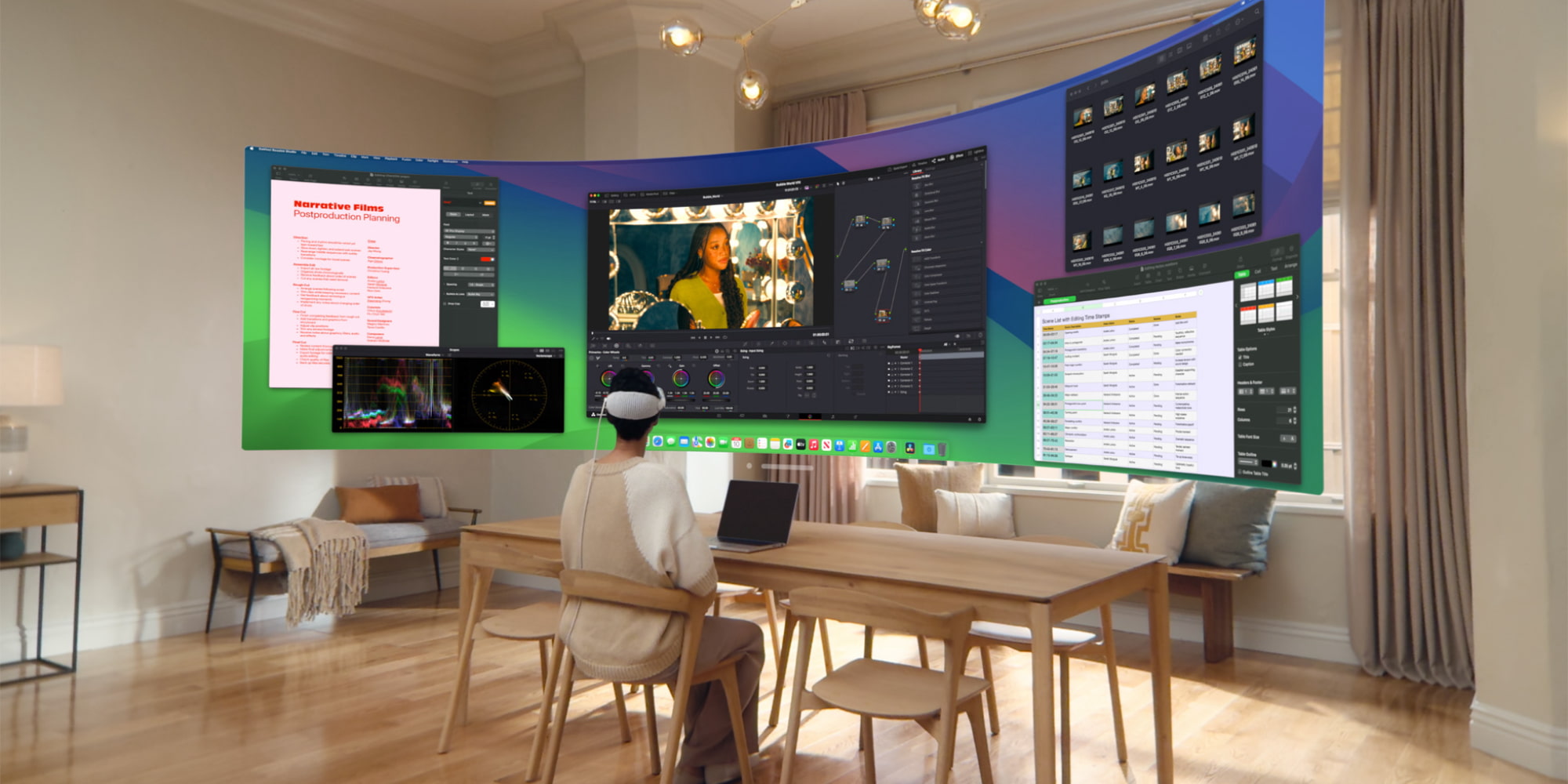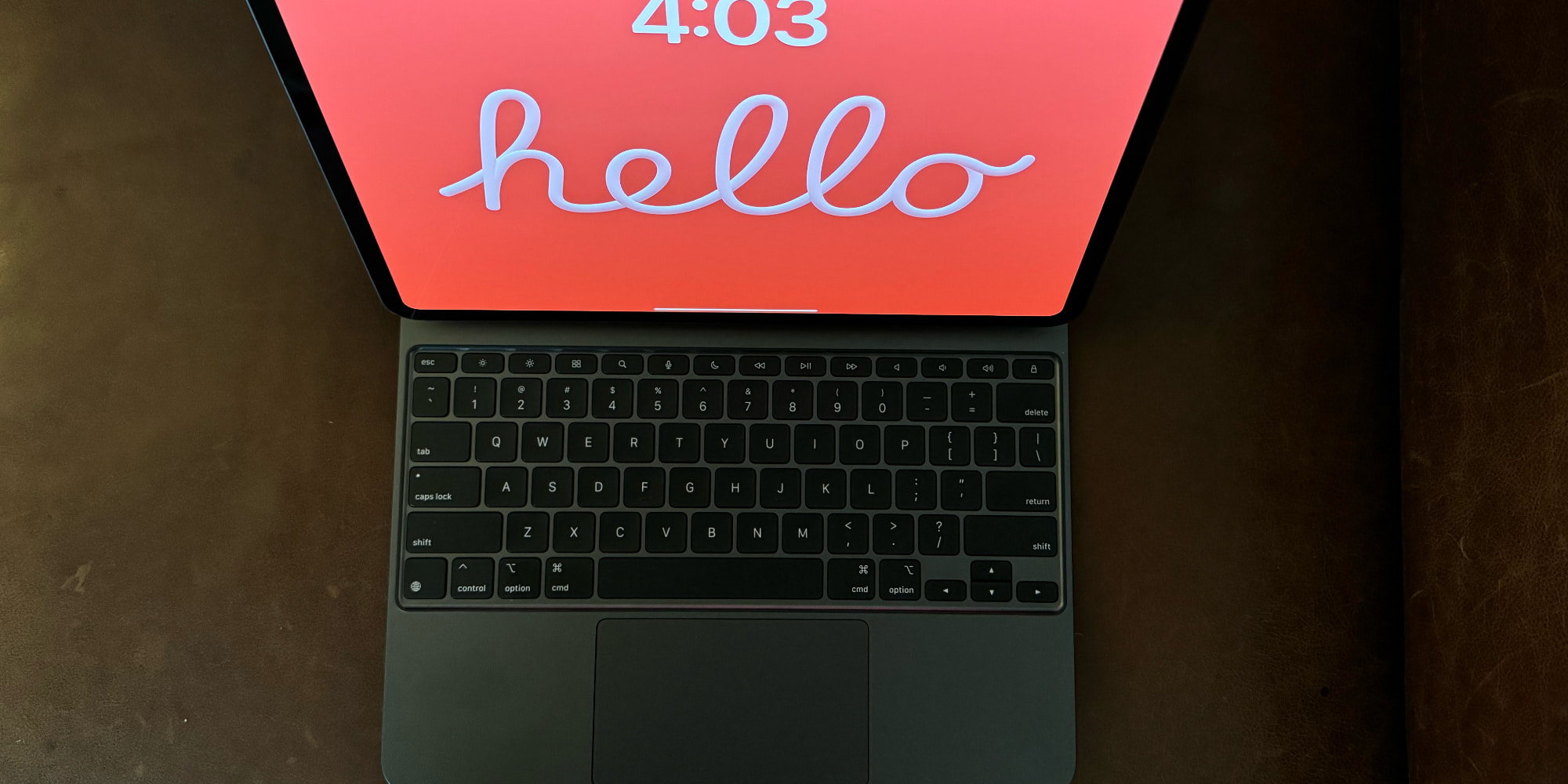For years, I’ve relied on my iPad Pro as my main computing device, occasionally experimenting with a Mac. However, a recent feature from Apple may finally convince me to return to Mac in 2025.
The new device transforming my computing habits
This topic requires a bit of context in two aspects:
- The recent device I’ve acquired
- The motivations behind my deep commitment to iPad Pro initially
To start, let’s discuss the new device.
After holding out for quite some time, I finally caved and purchased an Apple Vision Pro.
While I had experimented with the device several times before, only in the past month have I actually owned one myself.
I’ll elaborate on why I ultimately decided to buy one in future discussions. However, it’s important to highlight that the Mac Virtual Display feature significantly influenced my decision.
So, the “new feature” that’s enticing me back to the Mac is technically not solely a Mac feature.
More specifically, it’s a Vision Pro feature: the Mac Virtual Display, which has recently received substantial upgrades.

The recent visionOS 2.2 update has significantly enhanced the Mac Virtual Display with three main improvements:
- Support for Wide and Ultrawide display modes
- Enhanced display resolution
- Upgraded audio routing
While I didn’t try the earlier Mac Virtual Display feature, the revamped version has proven incredibly appealing for my needs.
Although I’d love to utilize more native visionOS applications, the current offerings are rather limited. For instance, my favorite writing app—Ulysses—is unavailable, along with my preferred image editing tools.
This limitation makes the Mac Virtual Display the most viable option for productivity within the headset.
This leads us to why I committed to the iPad in the first place.
The reasons for leaving the Mac and a potential return in 2025

There are numerous reasons I enjoy working from my iPad Pro, which I’ll skip for now.
A driving force behind my initial decision was the desire for a streamlined device setup.
For years, I balanced a Mac, iPad, and iPhone harmoniously, much like Steve Jobs envisioned.
However, when the first iPad Pro was released, the allure of minimalist living with just an iPad Pro and iPhone became irresistible.
If the iPad could serve as both a tablet and a laptop, it seemed unnecessary to keep my MacBook Air. While there would be some compromises transitioning to the iPad full-time, I was eager to give it a shot and never looked back.
Today, I find myself in a similar situation.
I want to leverage my Vision Pro for productivity, and Mac Virtual Display remains the best route to do so.
This puts me at a crossroads: either I divide my computing time between the Mac and iPad Pro, readjusting to cross-platform usage, or I choose to concentrate on one primary device.
The same minimalist aspiration that caused me to leave the Mac back in 2015 might just bring me back in 2025.
A unified Mac experience, with or without Vision Pro

I don’t anticipate wearing my Vision Pro for extended periods or using it in remote working scenarios (at least not just yet).
However, if I’m running macOS while utilizing the Vision Pro, it would simplify matters greatly if I also used the Mac for my tasks outside of the Vision Pro.
The same Mac, utilizing the same applications, but in a significantly smaller screen space compared to my virtual setup.
I’m not entirely convinced, and there are still certain drawbacks of the Mac I’d have to accept if I set my iPad Pro aside.
Nevertheless, the Vision Pro has made me more receptive to the idea of full-time Mac usage than I’ve been for quite a while.
It will be interesting to see what 2025 brings.
Do you use Mac Virtual Display on the Vision Pro? What’s your experience like? Share your thoughts in the comments.
Top Vision Pro accessories
: . More.



